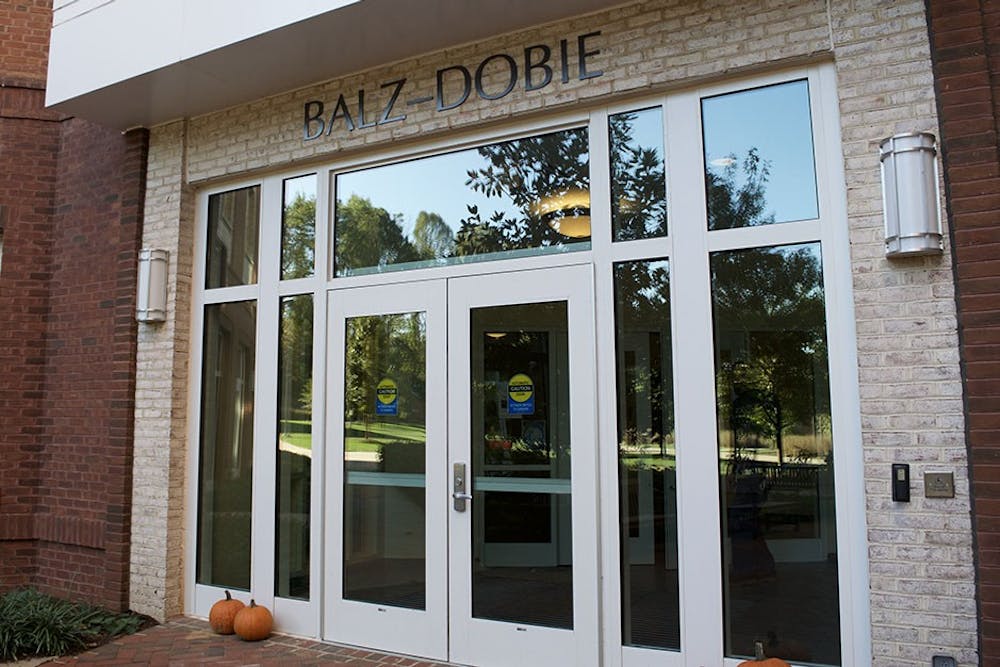Opinion viewpoint writer Charlotte Lawson recently penned an article arguing against granting Echols scholars exemptions from the area requirements in the College. She makes the case that relieving Echols scholars of the responsibility for area requirements betrays the intent of a liberal arts education. While well intended, this argument misses the mark on the purpose of the Echols program and the benefits it delivers to students. Instead of constraining students, it gives them freedom to explore their intellectual interests from the start of their college experience.
Lawson makes a valid point about the benefits of a liberal arts education, especially when it comes to the broad knowledge base its graduates gain. As such, I agree with Lawson about the importance of a well-rounded education in helping individuals grow. However, I disagree with the contention that the Echols program denies students of these benefits. For instance, Lawson states that liberal education allows undeclared students to cultivate their passion and explore their interests, but I fail to see how the Echols program does not do this. It’s narrow to imagine that a set list of mandatory classes can inspire students to discover their passion while giving them freedom to choose doesn’t. Rather than racing to finish basic area requirements or scouting the options for an “easy A” class so they can focus on their major, students can look for classes they might actually enjoy.
All told, the area requirements of the College add up to 27 credits, or almost a year’s worth of classes. Balancing these responsibilities in addition to the requirements of a major ultimately means that for a large part of their time here, University students are forced into a limited array of courses. While I believe it’s important students are exposed to different fields of study and viewpoints, such a schedule may also leave students without the time or ability to explore outside courses and fields of study. Forcing students to fill their schedules with required courses prevents them from exploring other areas of interest and choosing courses which actually stimulate their curiosity.
The intent of the Echols program is to provide a select number of students with greater academic freedom and opportunity, which is in part accomplished by removing area requirements. This is not meant to sequester these students in their select fields of study. There are a limited number of courses in any major, meaning eventually students will be forced to look outside their major and explore other avenues. The Echols program simply gives these students greater latitude in the timing and selection of these courses, providing the opportunity to add them from the beginning of their time at the University. Intellectual exploration is better encouraged in these courses than large, introductory courses which are meant only to provide the basics.
In any case, area requirements aren’t uniformly applied to students — many take advantage of AP or IB credits to place out of these area requirements themselves. Using Lawson’s logic, such moves also defeat the purpose of a liberal arts education, when in reality it simply allows students with previous knowledge and breadth of education to forgo redundant classes. The standards for admittance to the Echols program are meant to ensure accepted students have proven their intellectual curiosity and responsibility and, as such, will make the most of their opportunity to take higher-level courses as soon as they arrive.
Ultimately, the Echols program benefits students by providing them with unique opportunities and freedom during their time at the University. As members of the University community, these scholars still had the benefit of a liberal arts education, but with additional freedom in choosing the path of their education. Far from narrowing “the scope of the Echols scholars’ base of education,” it opens a broad array of classes to explore, to make the most of our limited time here.
Alex Mink is an Opinion columnist for The Cavalier Daily. She can be reached at opinion@cavalierdaily.com.







